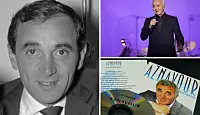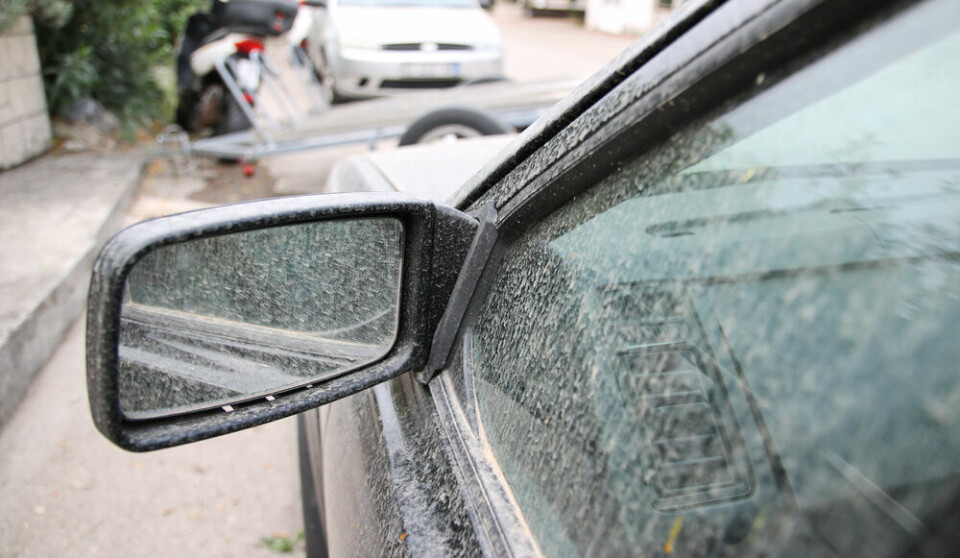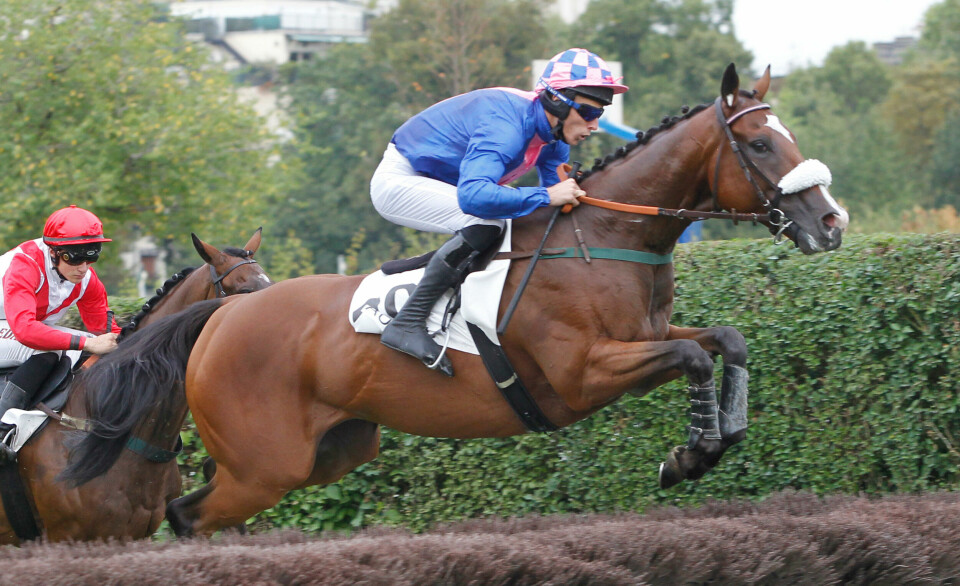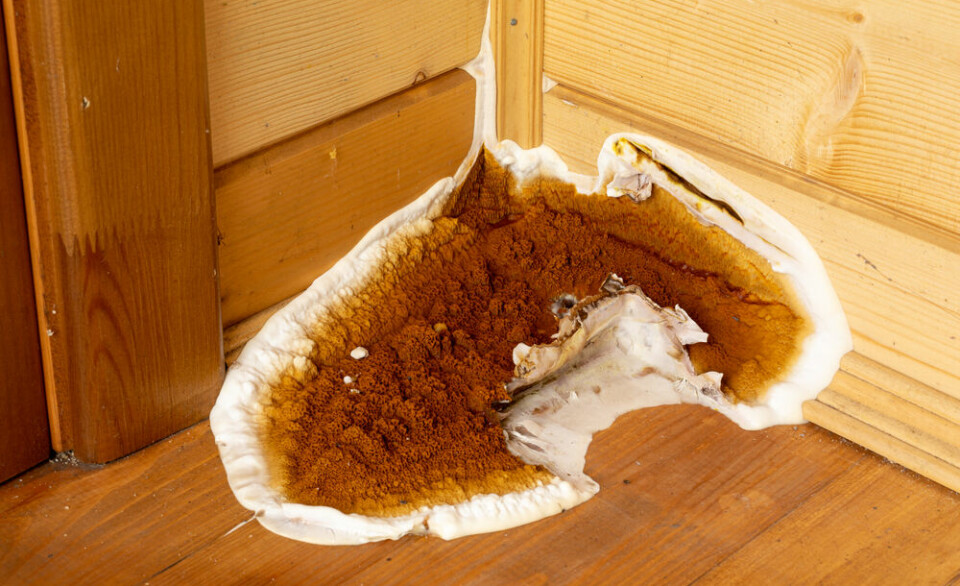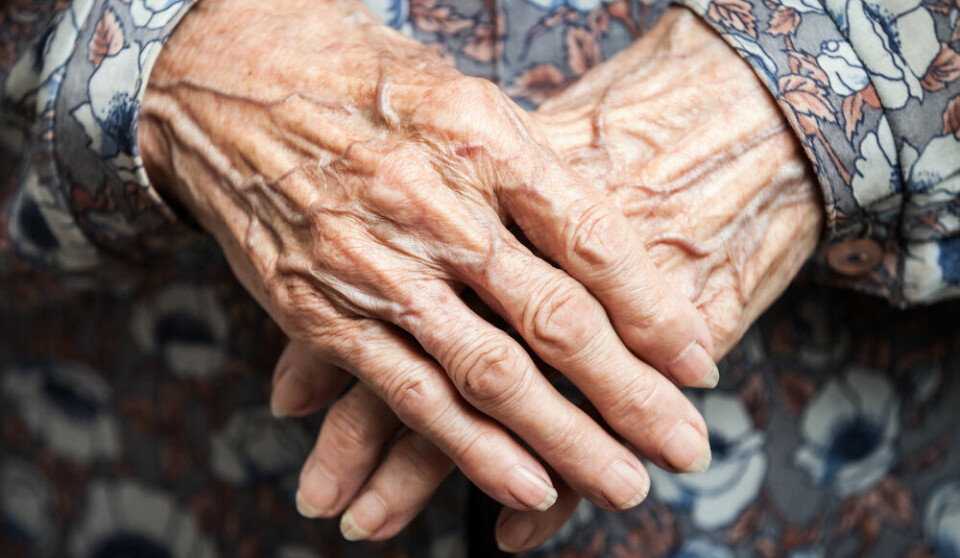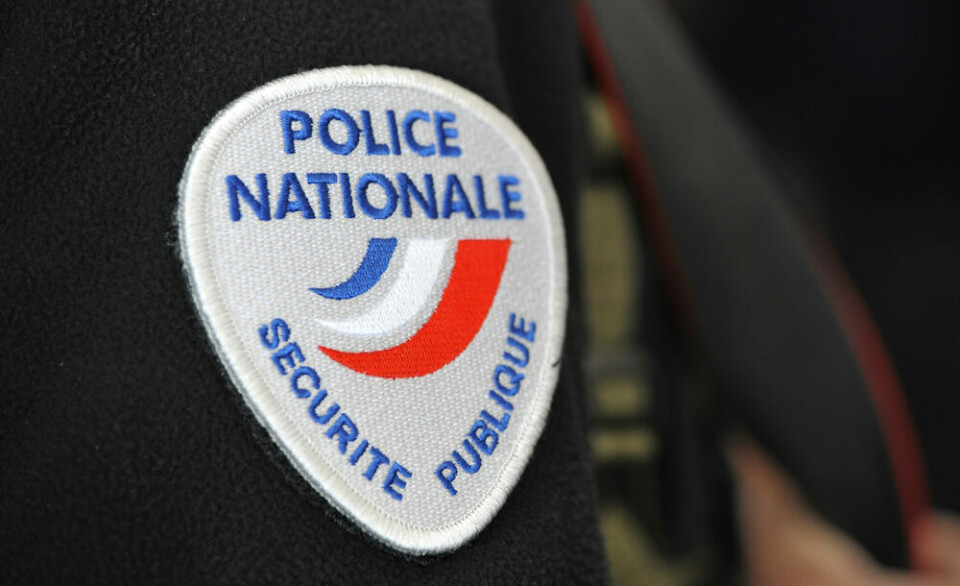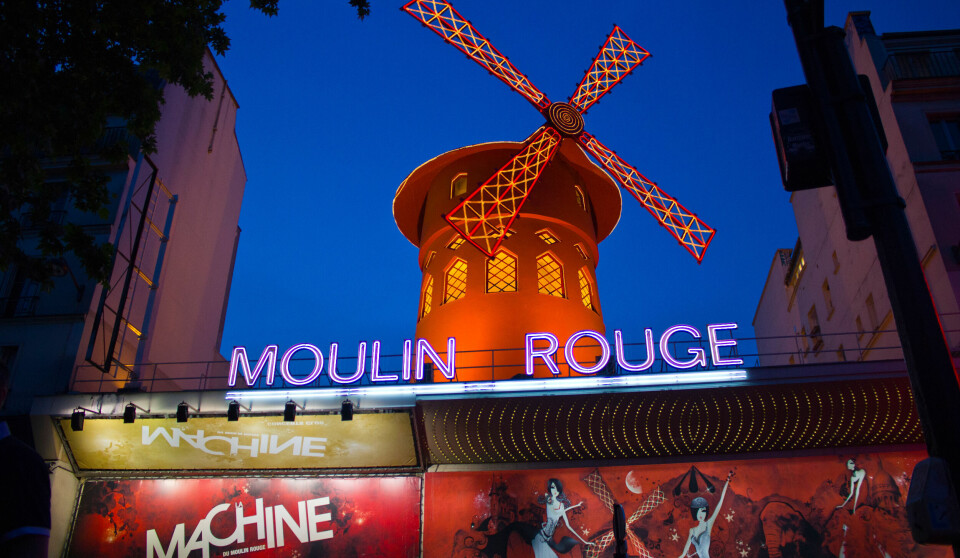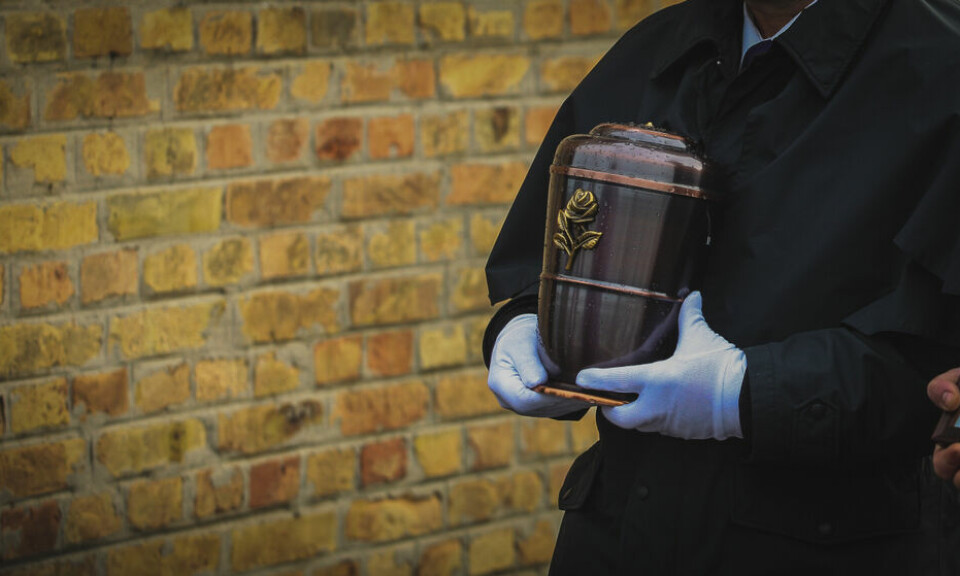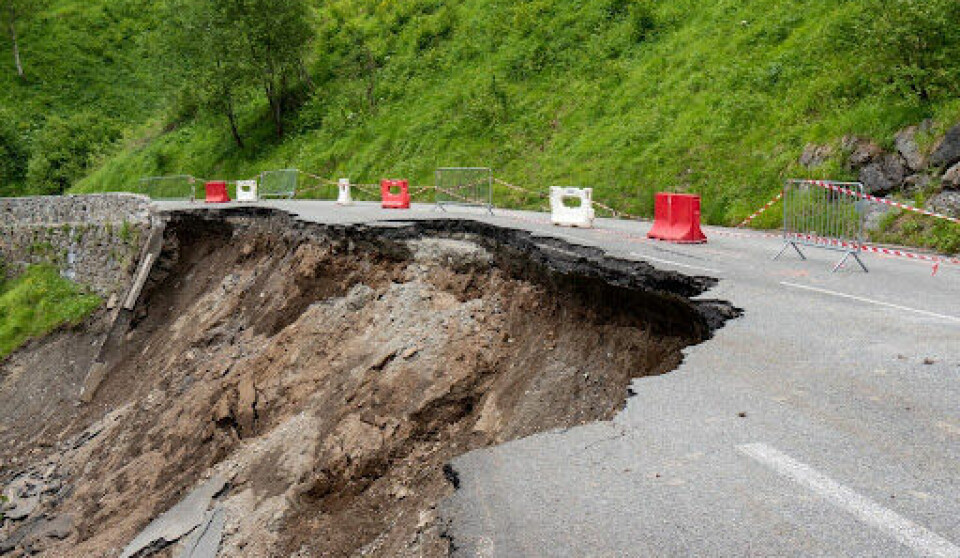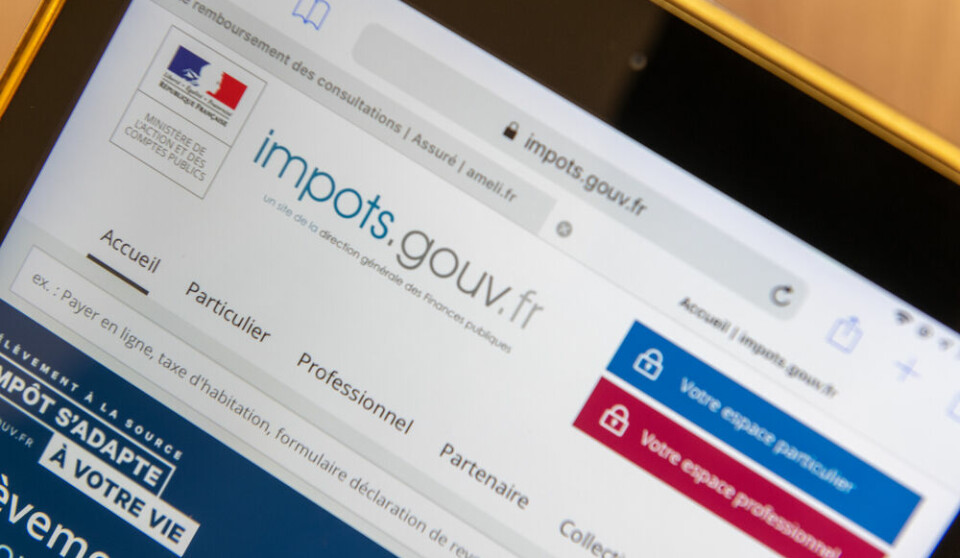-
Career change in France: from police officer to gardener
Amanda Freeman explains how she swapped law and order for a more creative vocation in the French countryside
-
Charles Aznavour: Grit and self-belief made the ‘French Frank Sinatra’
How the diminutive French singer went from poverty to stratospheric fame across the globe
-
‘Climate change should interest more people than it does’
France’s go-to expert on global warming and bestselling author, Jean-Marc Jancovici, talks to us about the future of our planet
Barbara: The elfin singer, actress and French national treasure
An abuse survivor who forged a successful showbiz career despite remaining virtually unknown outside France
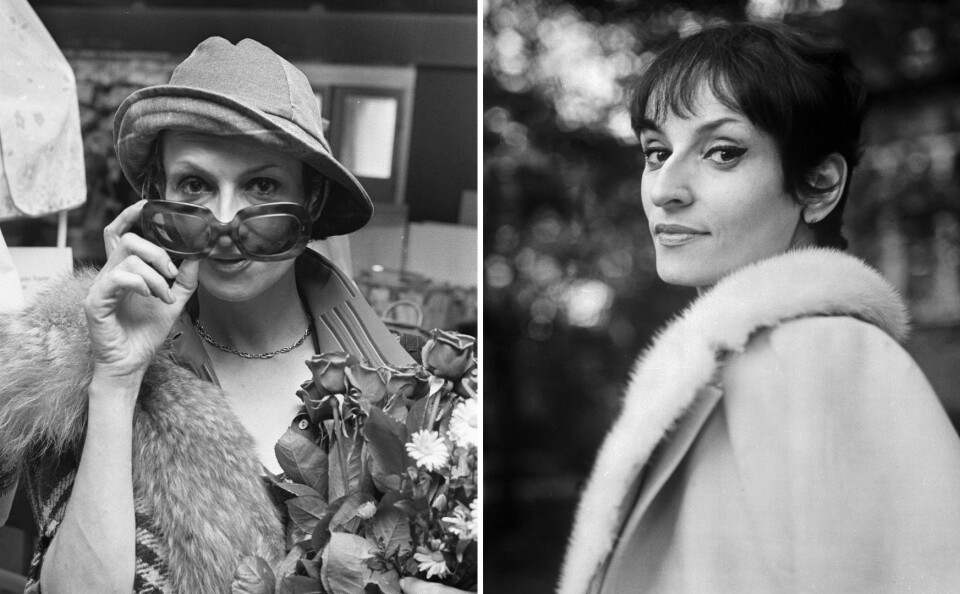
Barbara (1930-1997) was an iconic French singer/songwriter. Born in Paris, her real name was Monique Andrée Serf.
Incredibly famous in France, she is almost unknown abroad, although her songs are instantly familiar even to people who do not recognise the singer.
During WW2 the family moved to Roanne and then to Tarbes, until finally in 1943 they went into hiding for two years. After the war the family returned to Paris.
In her unfinished autobiography, Barbara detailed the incestuous abuse she suffered at the hands of her father from the age of 10.
Despite reporting him, the police did nothing and the abuse continued until her father finally abandoned the family when Barbara was 19.
By this time she had already taken the first steps towards what became an illustrious career.
Jacques Brel encouraged her to write her own songs
Unable to pursue her dream of becoming a pianist due to repeated surgeries on her right hand, she studied singing, but work was hard to come by.
In 1950, she went to Brussels with a cousin who turned out to be violent, and found herself penniless and friendless.
A chance meeting with a commune of artists led to a few cabaret appearances singing Edith Piaf numbers. Every time, she was heckled by unimpressed audiences.
Read more: From poverty to glory: Life of legendary French singer Edith Piaf
Around this period she met Jacques Brel, who was also unsuccessfully playing the same cabaret circuit.
Their friendship endured until his death in 1978, and Barbara continued dedicating projects to him all her life. He encouraged her to write her own songs, which she did, in the popular style known as Chanson Française.
In 1953, she married Claude Sluys. The marriage only lasted for two years and there were no children.
Dressed in black, her songs dealt with heartache and loss
Barbara made her first recordings on ‘78s, and at the end of 1955, she returned to Paris, where she finally managed to find work as a singer.
She was a tall brunette with an elfin look; pixie hair and huge dark eyes.
Deeply traumatised by her father’s abuse and her wartime childhood, she often dressed in black, and her songs dealt with heartache and loss. She appealed to the student crowd in the Quartier Latin.
She made her first television appearance in 1958, and in the same year recorded her first ‘45, as well as her first album, Barbara à l’Ecluse.
Read more: 6 songs to capture the rhythms of the French language
The song Nantes was about her abusive father
In 1959, learning that her father was dying in Nantes, she hurried to his deathbed, but arrived too late.
She expressed her mixed emotions of panic, distrust, hatred and despair in one of her biggest hits – Nantes, released in 1963.
In between times, she released two more albums, Barbara Chante Jacques Brel and Barbara Chante Brassens.
In 1961, she met Hubert Ballay, an old flame, and wrote Dis, Quand Reviendras-Tu? which, when she performed it alongside Nantes, propelled her to stardom.
Phillips signed her to their record label and Georges Brassens asked her to open his new show.
Her song Göttingen became a united Europe anthem
Engagements in the German cities of Göttingen and Hamburg led to an album recorded in German, called Barbara ‘Singt Barbara’, and in the 1980s as Franco-German reconciliation gathered pace, her song Göttingen was used as something of a European anthem.
The song was played on the eve of the Maastricht Referendum and in 2002 was even added to the official French education syllabus.
Throughout the 1960s Barbara enjoyed rave reviews for all her work. She recorded and toured in between television appearances.
In 1967, she was in Italy when she heard that her mother had died. During this time she wrote her massive hit L’Aigle Noir about her father.
Although he is not directly referenced in the song, which deals with death and forgiveness, in her autobiography she admitted that it was about him.
Read more: 10 French songs that have sparked debate over the years
Awards, acting and sell-out concerts
In 1965, she won the Grand Prix du Disque for her album Barbara Chante Barbara, and at the presentation ceremony she tore up her certificate, distributing the pieces to her technicians as a sign of her gratitude for their work.
In 1969, at the end of a sell-out concert at the Olympia in Paris, she stunned France by announcing that she was retiring from touring.
In the event, however, she decided to honour the contracts she had already signed until 1971, and went on giving live performances after that date.
It was at this point she tried her hand at acting, appearing in three feature films; Aussi Loin Que l’Amour (1971) directed by Frédéric Rossif, Franz (1972) directed by Jacques Brel, and L’Oiseau Rare (1973) directed by Jean-Claude Brialy.
She also made a TV film called Je suis né à Venise directed by Maurice Béjart. Along with an appearance as a stripper in Le Toubib, Médecin du Gang (1956) directed by Ivan Govar, these were the only films she ever made.
She hit the road again, touring all over the world, including Japan, Canada, Belgium, Israel, Holland, and Switzerland.
She made regular television appearances, including in 1972 singing a duo with Johnny Hallyday.
Read more: These 10 songs can help you improve your French
Overdose in 1974 was an accident
Barbara had achieved her dreams, she was rich and famous. But contentment eluded her.
In 1973, she bought a farmhouse in Précy-sur-Marne (30km east of Paris), where she transformed the barn into a theatre space in which to rehearse.
In 1974, she took an overdose, but was discovered in time and rushed to hospital in a coma.
Later, she said that she had not intended to commit suicide, and that she had only wanted to sleep.
By this time, her concerts had become sell-out events, with every song receiving standing ovations.
Read more: When naming places and streets, France should honour women too
She said she owed everything to her fans
In 1981, singing her song Regarde, which she had composed to celebrate Mitterand’s presidential win, her voice cracked, permanently damaging her vocal cords.
Far from preventing her from singing, however, her new dusky voice added to the emotional impact of her performances.
The same year, she won another Grand Prix du Disque for her album Seule (Alone), which was one of the highest-grossing albums of the year.
She developed the habit of finishing her concerts with her song, Ma plus belle histoire d’amour c’est vous (My best love affair is with you), which was dedicated to her fans.
In 1985, she co-wrote the musical play Lily Passion, an autobiographical tale of a singer who owed everything to her fans, and a murderer who killed someone every time he heard her sing.
The show was performed with Barbara in the leading role at the Zénith in Paris. At a Gala at the Metropolitan Opera in New York, she played the music while her friend Mikhail Barychnikov danced.
Free condoms available at concerts
She was very active in the fight against HIV/AIDS when it broke out in the 1980s, becoming an effective fundraiser.
She also made a point of visiting AIDS patients in hospitals and prisons at a time when many people were frightened to touch anyone with HIV, let alone AIDS.
She also made condoms freely available at her concerts. Audience members could help themselves from baskets.
In 1988, President Mitterand made her a Chevalier de la Légion d’Honneur, the latest in a string of prestigious awards.
She continued to give concerts and tour all over the world until in 1993, she was forced to cancel a series of dates in Paris because of her deteriorating health.
She was back at work in 1994, however, winning the Victoire de l’Artiste Interprète Féminine de l’Année (she won it again in 1997), and kicking off yet another tour, in Dijon.
In 1996, after a gap of 16 years, she went back into the studio to record a dozen new songs for an album called Barbara. The album came out in November of the same year, and sold a million copies in the first 12 hours of being on sale.
Died in 1997 before finishing her autobiography
Exhausted and ill from endless dieting and swallowing handfuls of uppers and downers alongside painkillers for her damaged vocal cords, Barbara abandoned live performances and settled down to write her autobiography.
It was never finished. She died from complications stemming from an infection in Paris in 1997, and was buried in the family plot in the Cimetière de Bagneux, in southwest Paris.
Two years after her death, her personal effects were auctioned off and dispersed, despite the efforts of her fans to have them preserved as a museum collection.
The nearby Line 4 metro station opened in 2022 and was named Barbara.
Related articles
Alain Delon: French cinema legend dogged by scandal and family feud
Hacker, peep shows, jail: the story of a French tech billionaire
Mimie Mathy: French TV star who turned disability into a driving force

